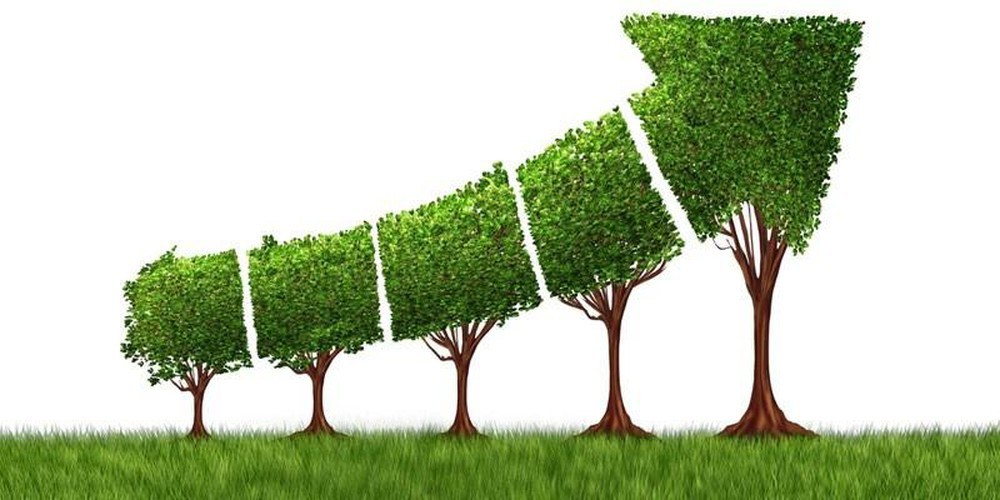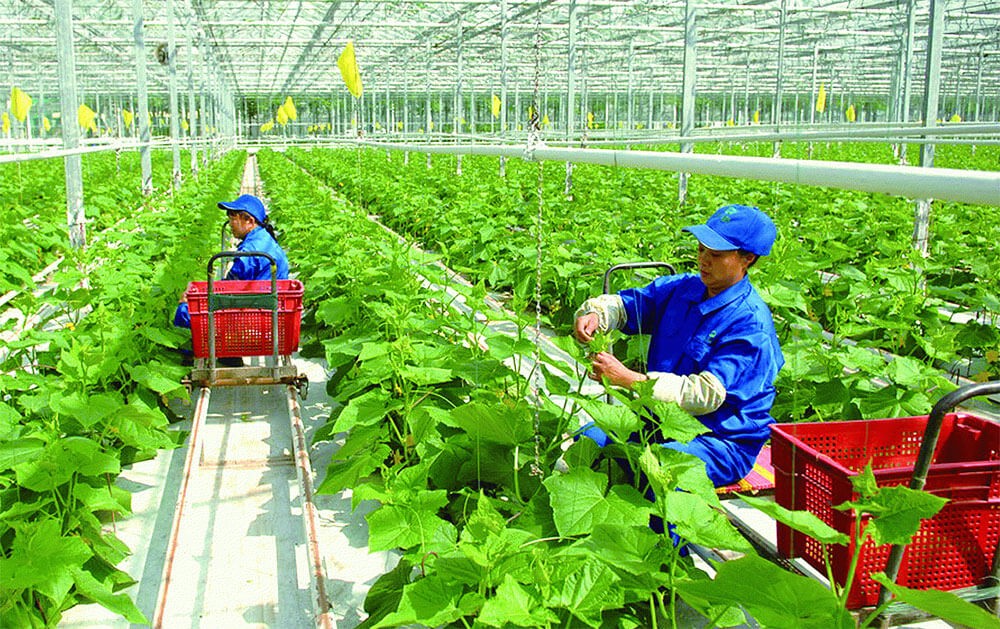
Building a Vietnamese green national brand: Opportunities and challenges
Latest
 |
| The impact of a green national brand will continue to strengthen, especially as many countries strive to achieve the United Nations' 17 Sustainable Development Goals. (Photo: Shutterstock) |
Factors shaping a country’s green brand
At the Vietnam National Brand Forum 2023 held in April, during the session themed “Positioning Vietnam's Green National Brand”, Dr. Nancy Snow, Honorary Professor at California State University, Fullerton, and national brand advisor to the Japanese Government said that, a national brand (representing a country in relation to others) provides a foundation for long-term economic growth, enhances asset value, and fosters a competitive edge, attracting investments, tourists, and other benefits.
“Concerns regarding environmental issues and sustainable development is rising. Thus, a green national brand will increasingly wield stronger influence, especially as many countries strive to achieve the United Nations' 17 Sustainable Development Goals”, she emphasized.
Until now, no one have yet to offer a definitive definition or comprehensive model of a country's green brand. The prevalent approach integrates environmental issues and sustainable development into the overall national brand model.
Speaking with the World and Vietnam Report, the research team at RMIT University, led by Dr. Erhan Atay and Dr. Đặng Thảo Quyên, proposed that a country's green brand can be defined as “a comprehensive brand of a nation that prioritizes and achieves outstanding results in sustainable development while preserving the environment”.
Accordingly, there are 6 components constituting to a country's green brand, as follows:
First, government policies aimed at sustainable development parallel to environmental protection.
Second, the nation's workforce - their skills and capabilities aligned with sustainable development goals.
Third, the country's export products, specifically the reputation of quality products and eco-friendly services.
Fourth, the appeal of the national tourism industry and whether it integrates environment-friendly activities.
Fifth, the national culture and heritage intertwined with environmental values.
Sixth, the ability to attract individuals to live, work, study, or entice businesses to operate within the country, due to the national reputation bolstered by positive environmental actions.
Dr. Erhan Atay noted, “The green brand helps countries position themselves as leading nations in sustainability, offering products and services recognized for their respect for the environment and sustainable development.”
Opportunities for Vietnam
According to Assoc. Prof. Dr. Ngo Van Cam from the FPT School of Business and Technology (FSB), FPT University, Vietnam is regconized as a country with tremendous potential in developing green economic sectors, utilizing resources and labor efficiently due to its high-quality workforce. Vietnam stands out in terms of skilled labor compared to other countries in the region.
Vietnam excels in manufacturing and processing industries, and it's crucial to leverage this as a pivotal factor in building the national image and brand. Moreover, Vietnam has been implementing and concretizing green growth through the 'National Strategy on Green Growth for the period of 2011-2020, with a vision towards 2050.'
Mr. Hoang Minh Chien, Deputy Director of the Trade Promotion Agency (Ministry of Industry and Trade), asserts that green growth is currently considered the key to fulfilling the objectives of the Socio-Economic Development Strategy for 2021-2030, laying the groundwork for Vietnam to push for a profound shift in its growth model, ensuring sustainability. Businesses with products and services attaining the Vietnam National Brand are pioneers in constructing a green brand associated with sustainable development.
 |
| Green production is indeed a prerequisite of global market penetration. (Photo: clv.vn) |
Experts suggest that adopting green production is a prerequisite when entering global markets and participating in trade agreements (FTAs) such as the Comprehensive and Progressive Agreement for Trans-Pacific Partnership (CPTPP), European Union - Vietnam Free Trade Agreement (EVFTA), among others. These FTAs impose stringent environmental criteria. Thus, effectively implementing green production presents a significant opportunity to leverage these FTAs and meet the requirements of demanding markets like the United States, Japan, and Europe.
In over 36 years of Doi moi (Renewal), Vietnam has achieved significant progress in establishing a green national brand. Between 1993-2014, 40 million Vietnamese people escaped poverty. Vietnam’s GDP growth has consistently been high in the region, and the country's integration into the global economy has deepened, enhancing its image on international forums.
Conquering challenges
However, Vietnam continues to struggle with environmental issues such as air and water pollution, deforestation, and loss of biodiversity.
According to RMIT experts, in 2022, Vietnam ranked 56th out of 76 countries on the Green Future Index (GFI) by the Massachusetts Institute of Technology and 178th out of 180 countries on the Environmental Performance Index (EPI) by Yale University.
In this context, Vietnam has set development goals for each sector based on environmental objectives. Nevertheless, achieving these goals remains challenging due to the reliance on traditional energy sources like coal.
During the 26th United Nations Climate Change Conference (COP26), Prime Minister Pham Minh Chinh pledged Vietnam's efforts to achieve net-zero emissions by 2050 and made two other commitments closely related to the agricultural sector: participation in the 'Global Methane Pledge' initiative and adherence to the 'Glasgow Declaration on Forests and Land Use.'
The Government has taken significant strides in implementing a sustainable financial model by creating a comprehensive framework for green finance in feasible projects. This framework aims to stimulate investment in environmentally friendly projects and promote the adoption of sustainable practices across various sectors.
Speaking about what Vietnam needs to do to promote sustainability and environmental awareness at the national level, Dr. Dang Thao Quyen, a lecturer at RMIT University, emphasized, 'Vietnam needs to implement sustainable policies and practices, promote environmentally friendly products and services, while encouraging citizens and businesses to collectively strive for environmental improvement. Additionally, incorporating criteria related to green and sustainable practices as mandatory requirements for businesses when voting for Vietnam's National Brands.'
In a discussion with WVR, Dr. Nguyen Minh Phong, an economic expert, stated, “Greening for sustainable growth brings both intangible values and tangible benefits to the economy, contributing to enhancing the competitive capacity of enterprises, especially in the context of Vietnam's deep integration into the global economy. The global and domestic consumption trends are shifting rapidly toward environmentally friendly products, posing new challenges for Vietnamese businesses. It requires businesses to enhance social responsibility and ethical business conduct, especially strict compliance with environmental regulations.
To meet these demands, businesses must transition to green production through scientific investment, technological innovation, and increased production efficiency. Associated with this transformation is restructuring production and business operations, moving towards halting the production of high-polluting products and substituting them with eco-friendly, energy-saving alternatives.”
Meanwhile, Professor Robert McClelland, Head of the Business Department at RMIT University Vietnam, remarked, “By promoting environmentally friendly activities and products, Vietnam can become a responsible and sustainable nation, attracting more tourists, consumers, and global investors concerned about environmental protection. This would further drive economic growth and development”.





















